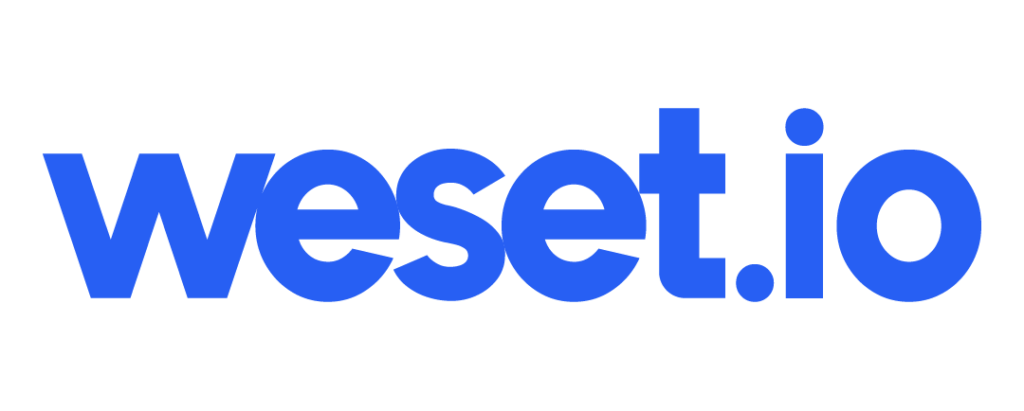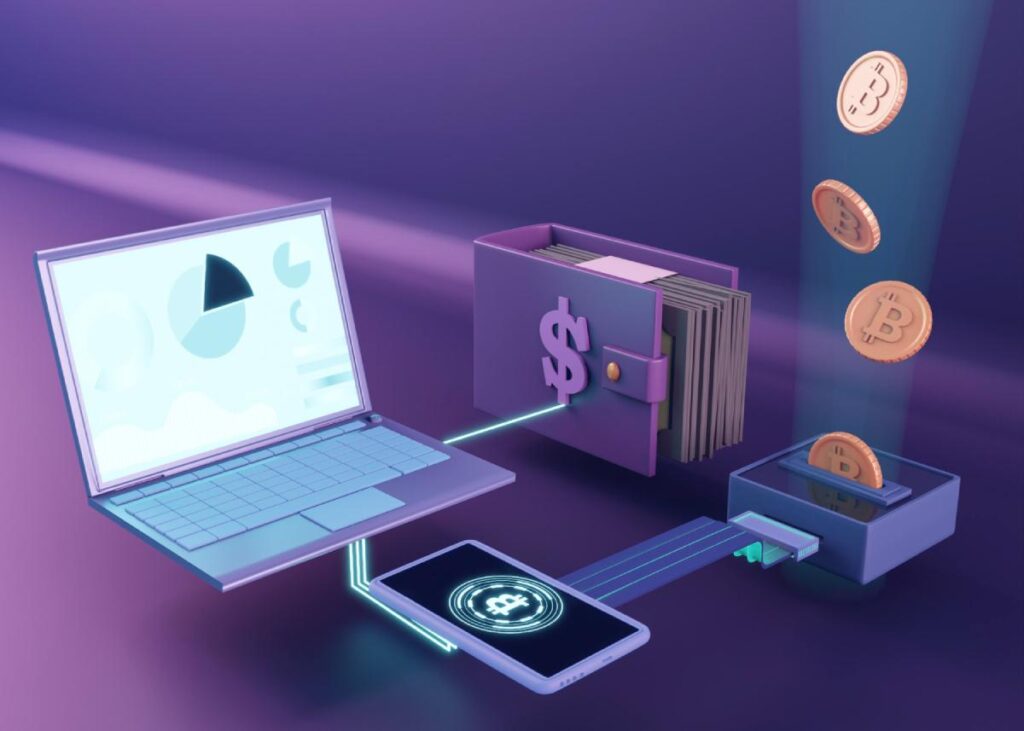Blockchain technology has become increasingly popular in recent years, and its applications have expanded beyond the realm of cryptocurrencies. Blockchain as a service (BaaS) is a cloud-based service that allows businesses to utilize blockchain technology without having to develop or maintain their own infrastructure. In this article, we will explore what blockchain as a service is and how it works.
Blockchain as a service, also known as BaaS, is a model where third-party providers offer blockchain infrastructure and services to organizations. This allows businesses to leverage blockchain technology without having to create and manage their own blockchain network. BaaS providers typically offer blockchain tools, including development environments, analytics, and monitoring tools.

One of the main advantages of BaaS is that it can save businesses significant time and resources. Instead of investing in developing and maintaining their own blockchain infrastructure, companies can leverage the expertise of BaaS providers. This can be particularly valuable for smaller businesses that may not have the resources to build their own blockchain networks.
BaaS is particularly popular in the financial services industry. Blockchain technology can provide a secure and transparent way to conduct financial transactions. BaaS providers can offer a variety of blockchain-based financial services, including payment processing, asset management, and more.

BaaS can also be used for web3 services. Web3, or the decentralized web, refers to the next generation of the internet, which is built on blockchain technology. BaaS providers can offer a range of web3 services, including decentralized applications (dApps) and decentralized finance (DeFi) platforms.
Some examples of blockchain applications that can be built using BaaS include supply chain management, healthcare data management, and real estate transactions. BaaS providers can also offer custom blockchain development services to businesses that require more specialized solutions.
The BaaS business model typically involves a pay-as-you-go model, where businesses pay for the services they use. BaaS providers can also offer tiered pricing models, where businesses can choose from different levels of service depending on their needs.

According to a report by Allied Market Research, the BaaS market size is expected to reach $24.94 billion by 2027, growing at a CAGR of 67.2% from 2020 to 2027. The report also notes that North America is expected to be the largest BaaS market during this period.
In conclusion, blockchain as a service is a powerful tool that allows businesses to leverage blockchain technology without having to build and manage their own infrastructure. BaaS providers offer a range of services, including blockchain-based financial services and web3 applications. With the BaaS market expected to continue growing rapidly in the coming years, businesses that want to stay competitive should consider incorporating BaaS into their technology stack.
FAQs About Blockchain as a Service (BaaS)
What are the disadvantages of Blockchain-as-a-Service?
- Blockchain-as-a-Service (BaaS) is a popular way for businesses to leverage blockchain technology without the need for significant investment in infrastructure and specialized knowledge. While BaaS offers many benefits, it also has some disadvantages to consider.
- One of the main disadvantages of BaaS is the limited control over the underlying blockchain infrastructure. This lack of control can result in reduced flexibility and customization options, which can be challenging for businesses with specific needs. Another disadvantage is the risk of vendor lock-in, where businesses become dependent on their BaaS provider and have limited options to switch providers or migrate to another blockchain platform.
- However, despite these disadvantages, BaaS remains a powerful tool for businesses looking to leverage blockchain technology to improve their operations. BaaS offers businesses the ability to use blockchain for their specific use cases, without having to invest in custom blockchain development or hire specialized talent.
Can I use blockchain for my business?
- If you’re considering using blockchain for your business, BaaS is a great option to explore. BaaS allows businesses to quickly and easily integrate blockchain technology into their existing systems, which can result in cost savings, increased efficiency, and improved security.
What are BaaS used for?
- BaaS is used in many different industries, including finance, healthcare, logistics, and more. BaaS can be used for a variety of applications, including supply chain management, payments, digital identity, and smart contracts.
Can you still make money from blockchain?
- Businesses can still make money from blockchain technology, even if they don’t have their own custom blockchain infrastructure. By using BaaS, businesses can leverage the benefits of blockchain technology without the need for significant investment in infrastructure or specialized knowledge.
What is the best example of BaaS?
- One of the best examples of BaaS is Microsoft Azure Blockchain Service. This platform offers a secure, scalable, and reliable blockchain infrastructure, along with a wide range of tools and services for developers and businesses.
What are the 3 main features of BaaS?
- The three main features of BaaS are scalability, flexibility, and security. BaaS platforms offer businesses the ability to quickly and easily scale their blockchain infrastructure to meet changing demand. BaaS also offers flexibility in terms of customization and integration with existing systems. Finally, BaaS provides enhanced security features to protect sensitive data and ensure the integrity of the blockchain network.





